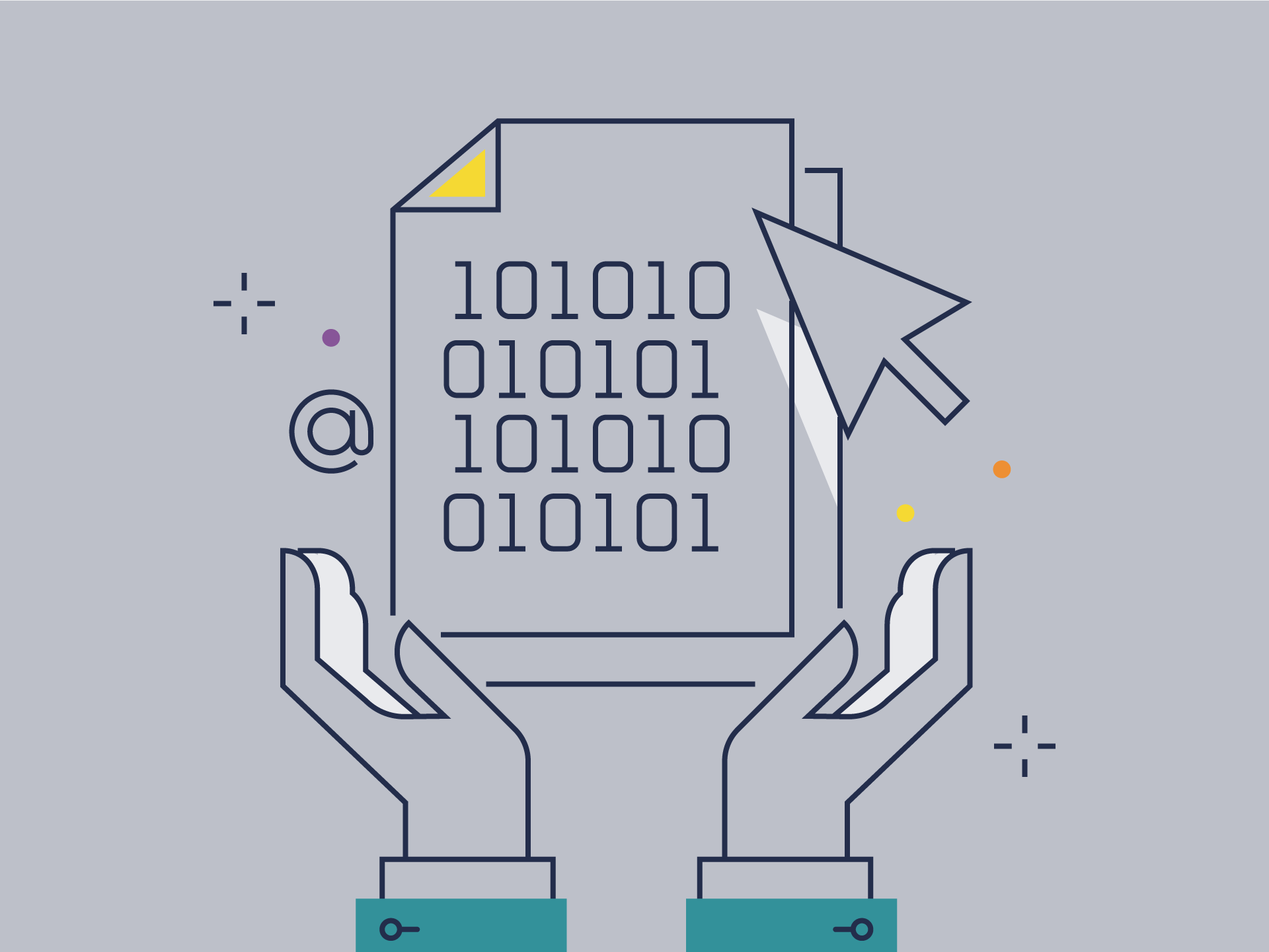

 Article
Article

Smart technology will completely change both your way of life and your way of working. We will live in the most disruptive time for the workforce since the Great Depression. What does this mean for millions of lives, for the public school system and for society at large? And what is to be done about it?
We are in a new era — the Era of Smart Technology — that is going to transform how we live, how we work and how we educate people. Our current education system was built upon principles necessary for the industrial age, and that age is over. This is an existential societal issue, and this new era will require a different type of public education.
New year, new you? Flipping the calendar has become a cliché for goals, resolutions, intentions and self-improvement. The Batten Institute’s Sean Carr speaks with Professor Ed Hess to share how we can all simply be better at changing.

Building a successful organization requires more than hiring smart people with the right skills. It also requires a mutual sense of purpose — a strong company culture. Even before COVID-19, that was no small task. Darden experts weigh in on frameworks for improving the quality of culture, as well as building the kind that benefits all involved.
Leaders set tones at their organizations that can generate positive emotions or negative emotions in people and the workplace. Leaders have a choice. Amid the COVID-19 pandemic, we urge you to choose wisely.
The old normal is history. But the world will not stay still, and technology will advance, its adoption even accelerated due to COVID-19. Ed Hess discusses the need for democratization of technology and its potential to address societal challenges including income inequality, low social mobility, the expense of health care and access to education.
The science of collective intelligence is clear: a positive emotional state enables the highest levels of performance. How do we reach that in the midst of social distancing and the anxiety the COVID-19 pandemic breeds? Here: practical steps to create a positive virtual working environment and daily practices to foster emotional connection.
A tsunami of technology is about to change the way people live and work. In this introduction of the article collection Human Excellence in the Smart Machine Age, Professor Ed Hess explains what skills humans need to hone in order to meet the challenges of the near future.

We are on the leading edge of a Technology Tsunami that will transform how we live and work. In the workplace, humans will need to do the tasks smart technology won’t do well. How do individuals overcome natural cognitive and emotional proclivities in order to excel in uniquely human ways? And what work environment best enables human excellence?
A method in the March Madness: Coach Tony Bennett has built the UVA men’s basketball program on “five pillars.” There may be something to this foundation: With a 29-3 record, the team earned a No. 1 seed for the 2018–19 season. Here, Darden professors elaborate on the pillars and why they work for high-functioning teams on and off the court.